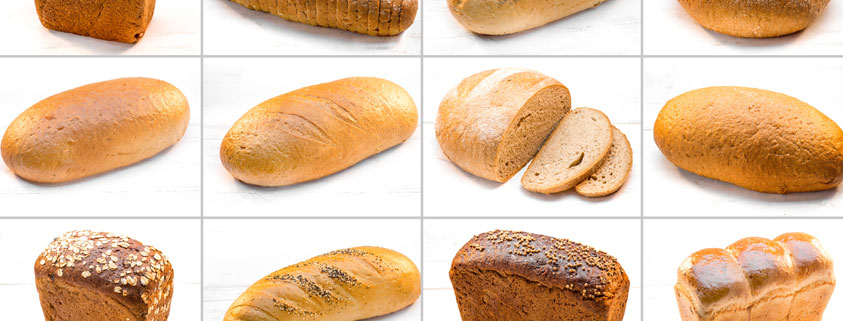Many people know that processed flours and the foods made from them (e.g., bread, bagels, tortillas, noodles and pastas, baked goods, etc.) are not the best options for optimal health and body composition. These fast-digesting, heavily processed carbohydrates lead to elevations in blood sugar and insulin, blood triglyceride levels, and LDL (i.e., “bad”) cholesterol. It’s no secret that high glycemic carbohydrates like these are some of the most fattening ingredients around and closely linked to obesity.
What’s more, foods made with these refined carbohydrates are typically void of fiber, which can promote a healthy digestive tract and regularity, improve carbohydrate management, promote satiety, reduce calorie intake, and enhance weight loss. Simply put, fiber is a nutrition all-star, and not surprisingly, researchers have linked low fiber intakes to increased risk for diabetes and obesity. What’s more, studies consistently demonstrate that diets higher in fiber help with weight loss and weight management.
While most understand that this is true for “white” foods, the average whole wheat bread has a similar glycemic index as white bread. Thus, opting for “whole wheat” bread is a far cry from the whole, intact grains themselves, and it appears to be only a marginal improvement at best.
Bread made with sprouted grains, on the other hand, are distinctly different from their traditionally harvested counterparts, and they have many favorable advantages over conventional grains like wheat. Unlike store-bought bread, which is made from highly refined flour, sprouted grain breads are truly made with whole grains, and they offer several distinct benefits:
- Increased digestibility. Sprouting makes the digestion process easier on your body resulting in less inflammation, gas, bloating, etc.
- Increased absorption of minerals. Sprouting grains increases the activity of phytase, an enzyme that breaks down phytic acid, which is known as an “anti-nutrient” because of its ability to inhibit the absorption of key minerals (e.g., iron, calcium, magnesium, copper, and zinc) in humans.
- Increased antioxidants.
- Increased vitamin C.
- Increased B vitamins (e.g., B2, B5, and B6).
- Great source of fiber. A single slice of sprouted grain bread contains as much as 200% more fiber than traditional store-bought bread.
- Source of complete protein. Generally speaking, grains are not a complete source of protein. However, sprouted grains contain the full spectrum of essential amino acids that your body needs and provide protein that is similar to that found in milk and eggs.
- Substantially reduced gluten. More and more folks are finding that they have some sensitivity to gluten, which is commonly found in store-bought bread. Sprouted grain breads are significantly lower in gluten because they contain fewer gluten-containing grains, and the sprouting process substantially reduces the amount of gluten in the grains (e.g., wheat, barley) to which its inherent.
With that in mind, you don’t give up the bread to achieve your body composition goals, just choose the best kind, and bread made with sprouted grains are a better option than the majority of traditional store-bought breads.

